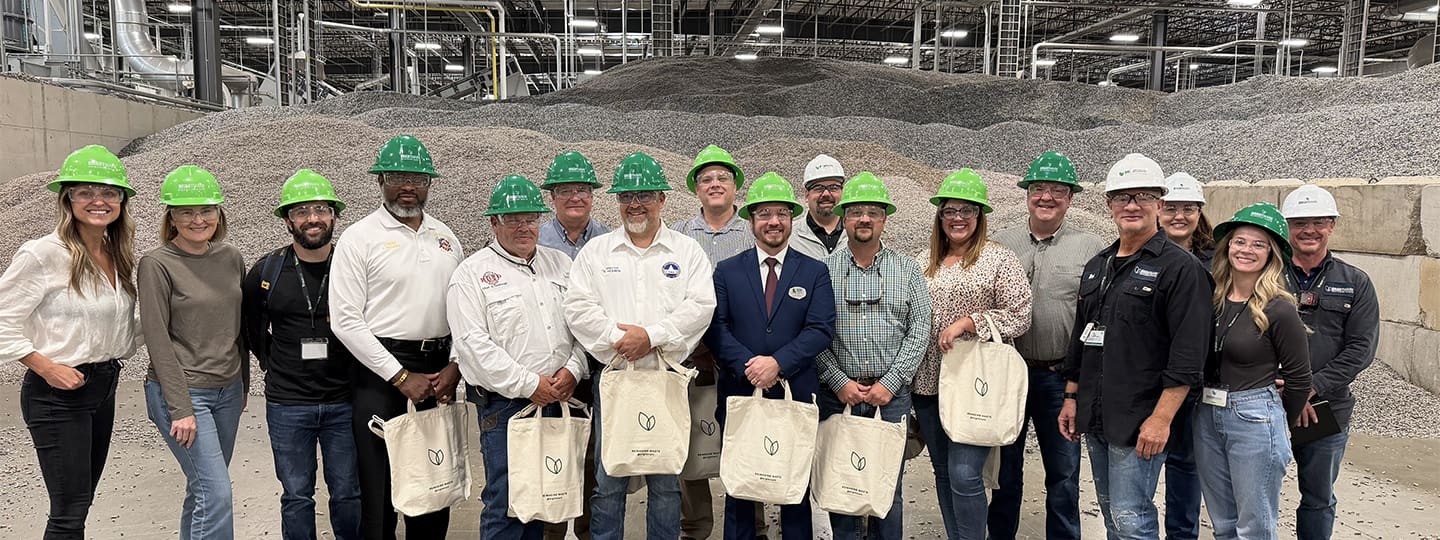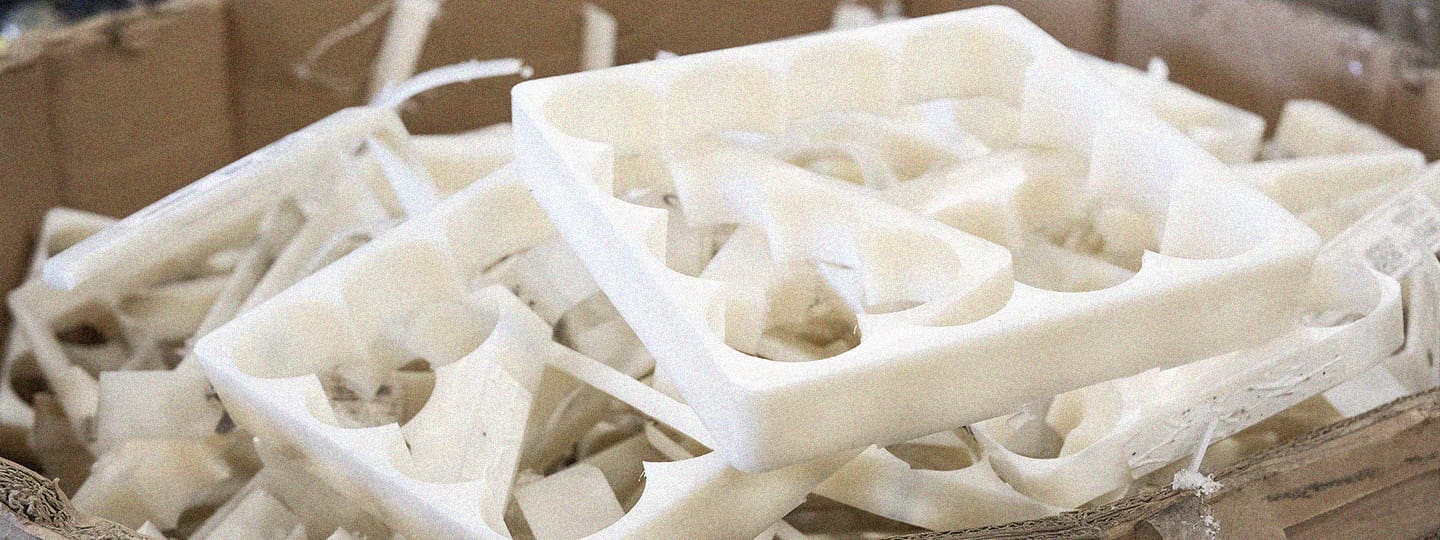Whether you call it molecular, difficult-to-recycle, or advanced plastics recycling, technological peers of Brightmark’s proprietary plastics renewal process are growing in diversity and prominence as the world shifts toward a circular economy. Even when prioritizing strategies like reducing single-use plastic production, developing bioplastics, and increasing the use of refill systems, advanced recycling solutions like Brightmark’s plastics renewal processes are an essential component of a holistic, circular plastics lifecycle system. Indeed, overlooked plastics like those used in healthcare, textiles, and electronics make up two-thirds of the plastics produced and continue their linear path to landfills and incinerators unless we build recovery pathways for all types and uses.
Advanced recycling provides this pathway.
That’s why Brightmark is proud to have participated in the development of a recent report from Closed Loop Partners’ Center for the Circular Economy, Transitioning to a Circular System for Plastics: Assessing Molecular Recycling Technologies in the United States and Canada, which explores the potential of molecular (or advanced) recycling to support a circular and safe future for plastics. In preparing the report, Closed Loop Partners worked with Brightmark and eight other companies across the advanced plastic recycling sector’s three molecular recycling technology categories: purification, depolymerization, and conversion, to explore unanswered questions surrounding these technologies.
The report aims to educate investors, brands, retailers, policymakers, and nonprofit organizations that seek actionable information on molecular recycling, leading with science and data in assessing the sector’s status and impact potential and correcting common misconceptions along the way. Key takeaways include:
- Industries, brands, NGOs, policymakers, and consumers must broaden their focus beyond single-use plastic packaging and instead support recovery pathways for all types of plastics. Otherwise, we risk delaying a future free of plastic waste.
- Molecular recycling technologies can complement existing mechanical recycling infrastructure by processing plastic waste that mechanical recyclers would otherwise have to pay to discard. Currently, only 9% of plastics are recycled- our solution could address the remaining 91%.
- Integrating a mix of all three molecular recycling technologies into the broader recycling system in the United States and Canada could double the amount of plastic packaging recycled compared to 2019 recycling rates and generate up to $970 million (USD) annually for the existing recycling system.
The University of Michigan. (2020, August 25). Plastics, waste, and recycling: It’s not just a packaging problem. ScienceDaily. Retrieved November 13, 2021, from www.sciencedaily.com/releases/2020/08/200825113621.htm

Directly from the Closed Loop Partners’ Report: From page 28.
Download the full report here.
The report’s conclusion states, “In the long term, molecular recycling’s full potential––in both impact and financial terms––is limited by the extent to which stakeholders across the plastics value chain collaborate and support the adoption of complementary molecular recycling technologies.”
We couldn’t agree more about the value of collaboration. Thanks to Closed Loop Partners for including us in this critical research and their leadership in this space. Learn more about Closed Loop Partners’ work here.
Best,
Bob Powell




